The respiratory system is part of a group of organs that allow the human body to absorb oxygen and expel carbon dioxide.
Oxygen is the odorless, colorless gas that makes up about a fifth of the air around us and which is fundamental to the functioning of the human organism. Carbon dioxide is the exhaust produced by a chemical process inside cells.
Oxygen-rich air enters the body through the nasal cavity, and to a lesser extent through the mouth.
It travels through passageways called the pharynx and larynx, and descends through a long tube called the trachea
At chest-level, the trachea forks into the bronchi. The bronchi in turn spread out into narrower channels called the bronchial tubes.
The bronchi carry oxygen to two large organs called the lungs, which are located inside the chest.
Each lung is made up of roughly 300 million smaller sacks called pulmonary alveoli. In each alveolus oxygen is passed on to the blood, which transports it to every cell of the body. Oxygen is a source of fuel for the entire organism.
Cells use oxygen, and in return produce carbon dioxide, which is useless to the human body and must be expelled.
Blood brings this carbon dioxide back to the lungs, which pumps carbon dioxide out through the nose and mouth.
The process of inhaling oxygen is called aspiration. The process of expelling carbon dioxide is called exhalation. Taken together, the sequence of aspiration and exhalation is known as the respiratory act.
Under normal conditions, a human being conducts 15 respiratory acts per minute.
The respiratory act is driven by the muscles of the lungs, the most important of which is the diaphragm.
Many ancient cultures considered human breath a vital function, the very essence of life.
Among the first physicians to better understand the scientific process of breathing was Galen, who lived in the 2nd Century AD. According to his theory, breathing transported a life-bearing agent called “pneuma” (Greek for breath) to the heart.
Blood circulation was finally accurately tdescribed in 1628 by Englishman William Harvey. Harvey’s studies unlocked the door to understanding the real role breathing plays within our bodies.
Oxygen is the odorless, colorless gas that makes up about a fifth of the air around us and which is fundamental to the functioning of the human organism. Carbon dioxide is the exhaust produced by a chemical process inside cells.
Oxygen-rich air enters the body through the nasal cavity, and to a lesser extent through the mouth.
It travels through passageways called the pharynx and larynx, and descends through a long tube called the trachea
At chest-level, the trachea forks into the bronchi. The bronchi in turn spread out into narrower channels called the bronchial tubes.
The bronchi carry oxygen to two large organs called the lungs, which are located inside the chest.
Each lung is made up of roughly 300 million smaller sacks called pulmonary alveoli. In each alveolus oxygen is passed on to the blood, which transports it to every cell of the body. Oxygen is a source of fuel for the entire organism.
Cells use oxygen, and in return produce carbon dioxide, which is useless to the human body and must be expelled.
Blood brings this carbon dioxide back to the lungs, which pumps carbon dioxide out through the nose and mouth.
The process of inhaling oxygen is called aspiration. The process of expelling carbon dioxide is called exhalation. Taken together, the sequence of aspiration and exhalation is known as the respiratory act.
Under normal conditions, a human being conducts 15 respiratory acts per minute.
The respiratory act is driven by the muscles of the lungs, the most important of which is the diaphragm.
Many ancient cultures considered human breath a vital function, the very essence of life.
Among the first physicians to better understand the scientific process of breathing was Galen, who lived in the 2nd Century AD. According to his theory, breathing transported a life-bearing agent called “pneuma” (Greek for breath) to the heart.
Blood circulation was finally accurately tdescribed in 1628 by Englishman William Harvey. Harvey’s studies unlocked the door to understanding the real role breathing plays within our bodies.
RELATED
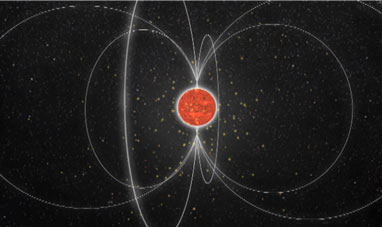

PULSARS
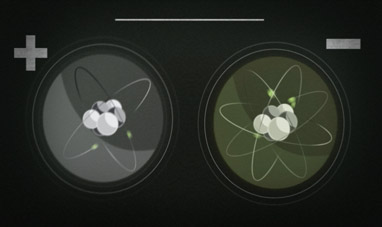

CHEMICAL BONDS
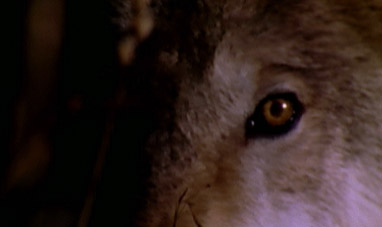

WOLF
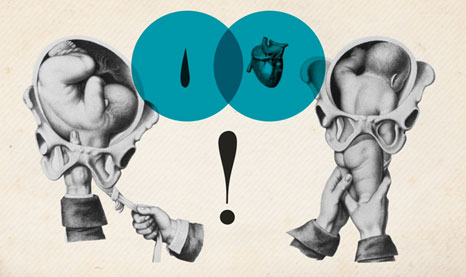

CHILDBIRTH
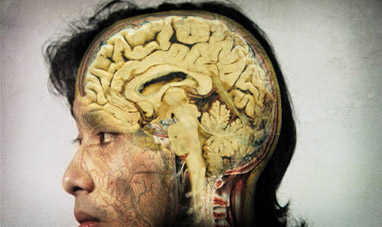

THE BRAIN
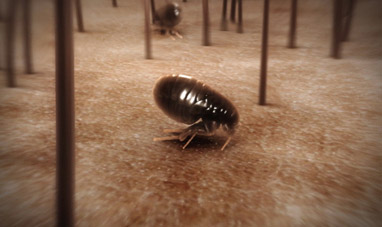

FLEA
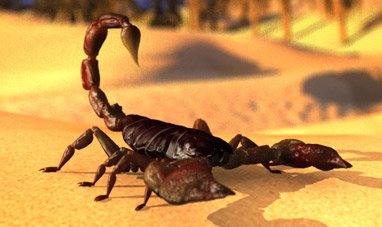

SCORPION
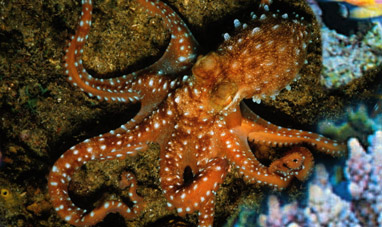

THE OCTOPUS
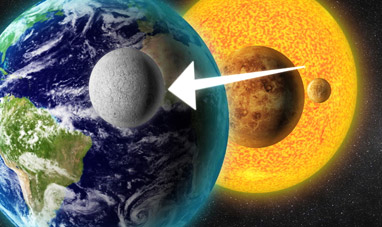

THE MOON
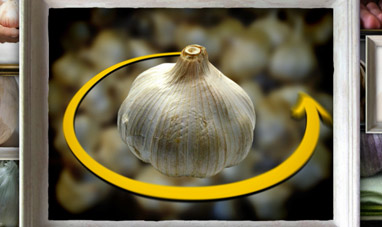

GARLIC
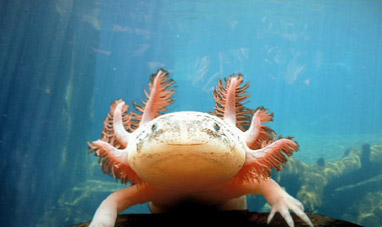

AXOLOTL
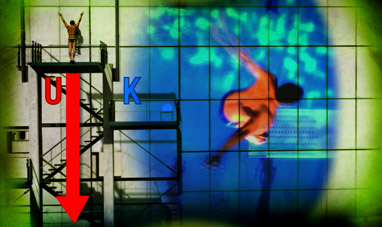

KINETIC, POTENTIAL AND MECHANIC ENERGIES
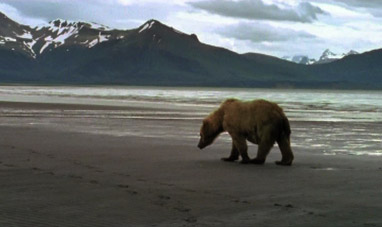

BEAR
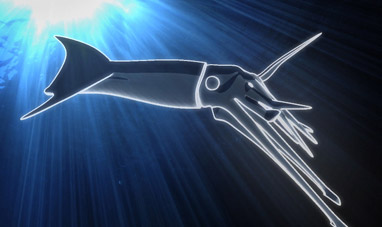

SQUID
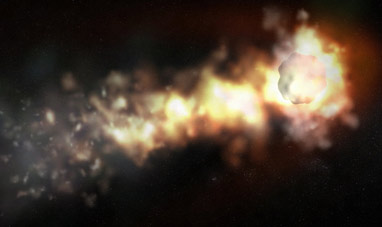

METEORITES
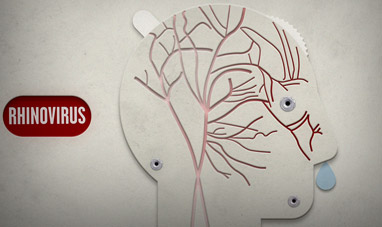

COMMON COLD
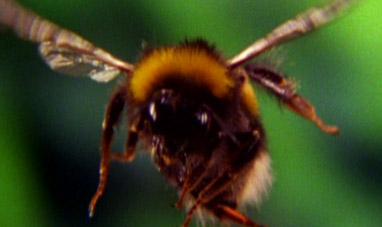

BEE
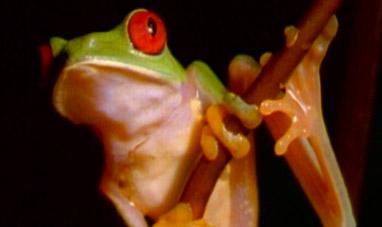

FROG
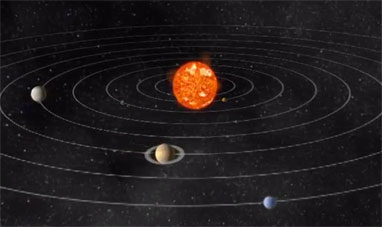

THE SOLAR SYSTEM


THE PRAYING MANTIS
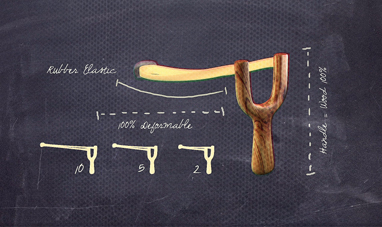

NATURAL RUBBERS


ELECTRIC CAR
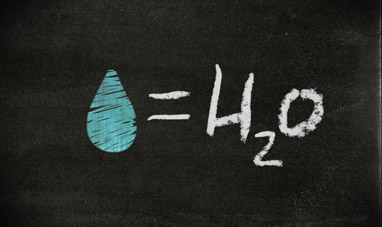

H2O
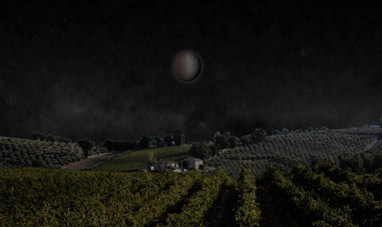

LUNAR ECLIPSES
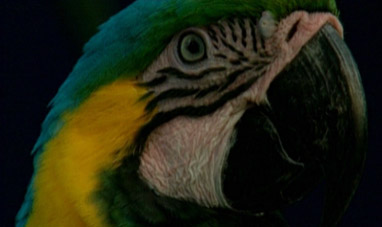

PARROTT


COMETS
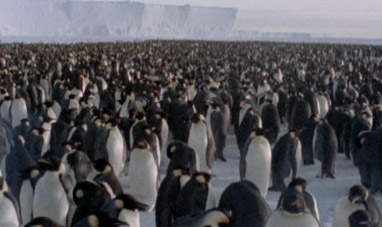

PENGUIN
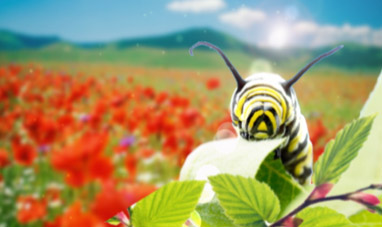

CATERPILLAR
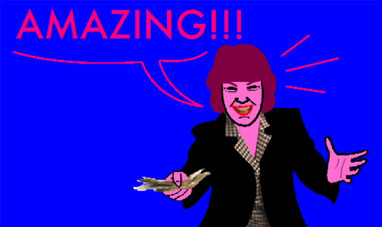

EBAY
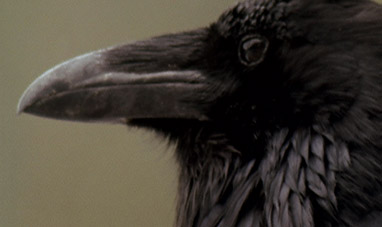

RAVEN


CHAMELEON
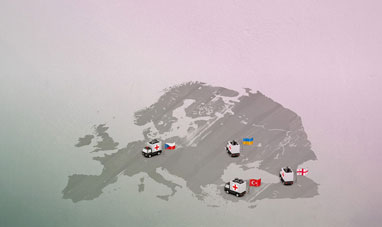

ORGAN TRAFFICKING
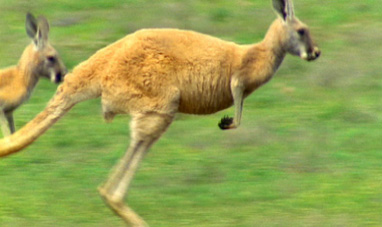

KANGAROO
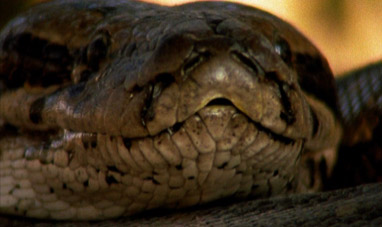

BOA
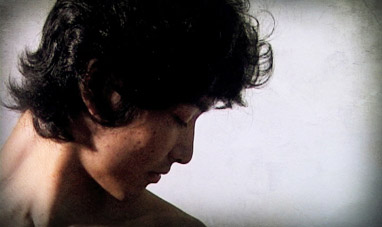

HAIR
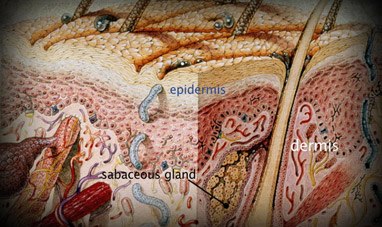

SKIN
